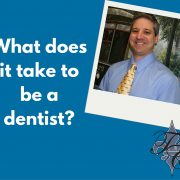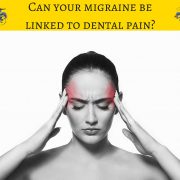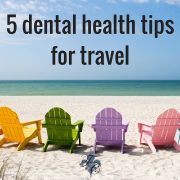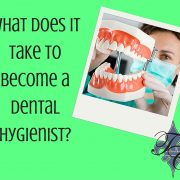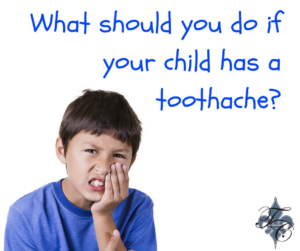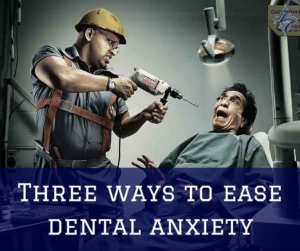What does it take to be a dentist

You need a bachelor’s degree
The first thing you need in order to become a dentist is a bachelor’s degree. At some schools, you can take a three pre-dental program instead. The big thing to keep in mind is, although all of the prerequisites fall along the same lines, every school is different. One school may require that you take so many second language courses, another may want you to have three PE classes! Just keep up with your degree requirements when enrolling for courses and you’ll be fine. The most common prerequisites include coursework in:
- Physics
- Biology
- Chemistry
- Biochemistry
- Organic Chemistry
- Statistics
If your school doesn’t have its own dental school, or you were planning on transferring, make sure you look at the dental school you will be attending as far as degree requirements. Then, during your junior year, you’ll have to…
Take the Dental Acceptance Test (DAT)
There are only so many spots that open up each year when it comes to dental schools, so there is always competition for those spots. The DAT is one of the biggest things that schools consider when looking at dental candidates. There are four multiple choice tests that cover: natural sciences, perceptual ability, quantitative reasoning, and reading comprehension. If you aren’t happy with your score, you can retake the test up to three times. You just have to wait 90 days between each test. This is why it’s recommended you start taking it in your junior year – so you have enough time to study and retake it before you graduate. After you make it into dental school…
You must complete your doctorate
At dental school, you’ll typically have two years of classwork in advanced science and lab courses, and then two years of clinicals with additional classroom education. Your clinicals will be supervised, at dental facility. Once you’ve earned your Doctor of Dental Surgery or Doctor of Dental Medicine degree, you need to…
Pass state and national licensing exams
The National Board Dental Examination (NBDE) is a test that all dentists must pass in order to practice. There are two parts to the exam: basic science and dental topics. This is only half of the necessary licensing though. Each state has their own licensing test, so make sure you take the test in the state you’re going to be practicing in. While the NBDE is a written test, most state tests involve clinical tests that involve real dental procedures on patients.
From start to finish, on average, it takes 8 years to complete all of your training and become licensed. You may shave off some time if you take a bigger course-load while working on your bachelors, but once you get into dental school, the courses are laid out on a schedule for you and can’t be changed. It’s hard, but we know you can do it!

